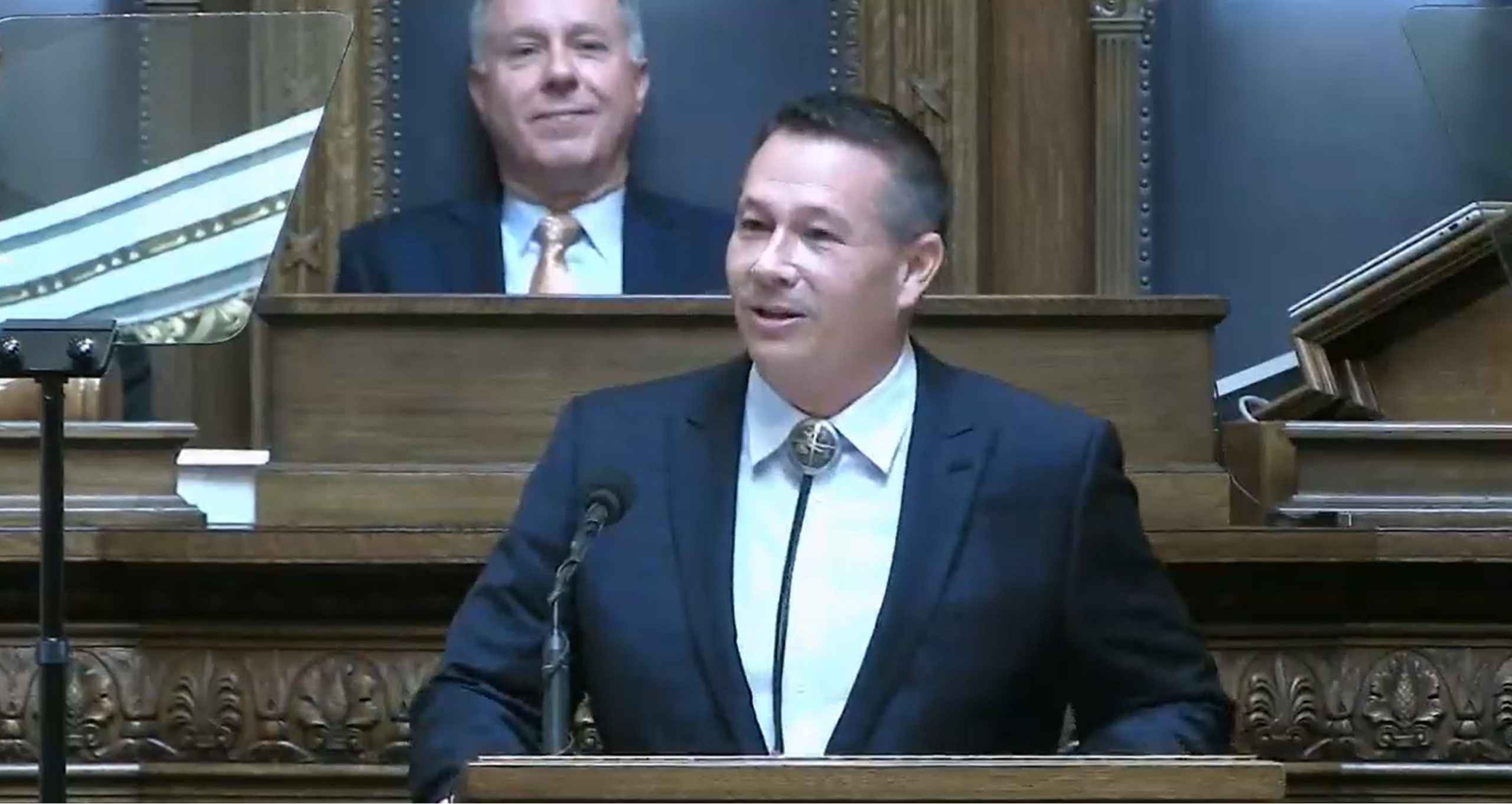Podcast: Play in new window | Download | Embed
Researchers in northern Michigan are trying out a new project that they hope will deepen our understanding of how aquatic ecosystems work.
Interlochen Public Radio’s Ellie Katz has more.
Starting this spring, biologists with the Grand Traverse Band of Ottawa and Chippewa Indians will begin submerging video cameras near reefs.
Chris Hessell is a fisheries biologist with the band.
He says cameras can capture snapshots of animal movement and interaction without disturbing them.
The idea is to better see how underwater animals interact with the world … in ways that aren’t all that different from humans.
“People need to utilize grocery stores, gas stations, fast food restaurants – so you have these different components within urban development, where you have people who are utilizing different facilities for different needs.”
He says fish and other animals also move from place to place like this, spending different amounts of time in different areas and interacting with different species.
But we just don’t quite understand why. Hessell says using video could help biologists start to crack the code.
 The Wilton Rancheria and the Sacramento County Sheriff’s Office have entered an agreement to establish a framework for cooperation and collaboration related to public safety and law enforcement within the jurisdictional boundaries of the tribe.
The Wilton Rancheria and the Sacramento County Sheriff’s Office have entered an agreement to establish a framework for cooperation and collaboration related to public safety and law enforcement within the jurisdictional boundaries of the tribe.
The tribe is located about 15 miles southeast of the California State Capitol in Sacramento.
Wilton Rancheria Chairman Jesus Tarango says the signing of the agreement is a big day for Indian Country.
“Something as a chairman I believe that we all have our gifts and gifts of the chair are to make sure we are having conversations with other leaders of agencies and what not, and so today, I wanted to show our state and other areas – use this as an example.”
Sacramento County Sheriff Jim Cooper.
“It’s been a long process. We really want to work together. I think it’s groundbreaking number one, it’s in the state capital. So, all these staffers that work here and do legislation live in Sacramento, the tribe is based here in Sacramento, and the legislators are here four or five days a week. So, I think what we can do and gain, in building this trust and friendship, will be reflected across the state of California.”
One of the goals of the agreement is to better address missing and murdered Indigenous people. Chairman Tarango.
“I know that the epidemic that we we have in front of us, it’s not going to get done today, it’s not gonna get done tomorrow. And I love the advocating of it. But we also have to make sure we’re starting to do some of the work and get people out there. And I really see that the relationships between tribes with the sheriffs are the key, that’s the key for us. We’re not cookie cutter here in California. And so every relationship between the tribe and the sheriffs has to be unique. But we have to show that it can be done. And I believe taking on or tackling Sacramento County, as this is where all of the laws are made for our people here in this great state, why not here. And if we could really get behind the sheriffs’ department and the sheriffs’ departments would get behind us. And then we can go out and show other communities, maybe what we’ve done and, you know, maybe they could add some things to theirs to make it fit for them and work for them.”
 Sheriff Cooper says MMIP is an important issue, especially as women and girls go missing across the country.
Sheriff Cooper says MMIP is an important issue, especially as women and girls go missing across the country.
“MMIP is big in Indian Country, it’s important. The relationship has not been there. We want to build up on that relationship. And that’s one of the reasons Chairman Tarango approached me and talking about it. So, it’s a collaborative, it’s a partnership working together, to definitely make sure we address the issue of our MMIP.”
The agreement was signed last week, during a MMIP summit hosted by the Wilton Rancheria and the Yurok Tribe.
This story is a collaboration with First Nations Experience Television with support from the Public Welfare Foundation, committed to advancing transformative youth and criminal justice reforms.

Courtesy Wisconsin Eye
Leaders from Wisconsin’s eleven tribes are gathered at the State Capitol in Madison for Thursday’s State of the Tribes address.
This year’s speech is being delivered by Forest County Potawatomi Chairman James Crawford.
The annual address lays out tribal priorities.
Get National Native News delivered to your inbox daily and stay up-to-date on the 2024 Native Vote. Sign up for our daily newsletter today.



